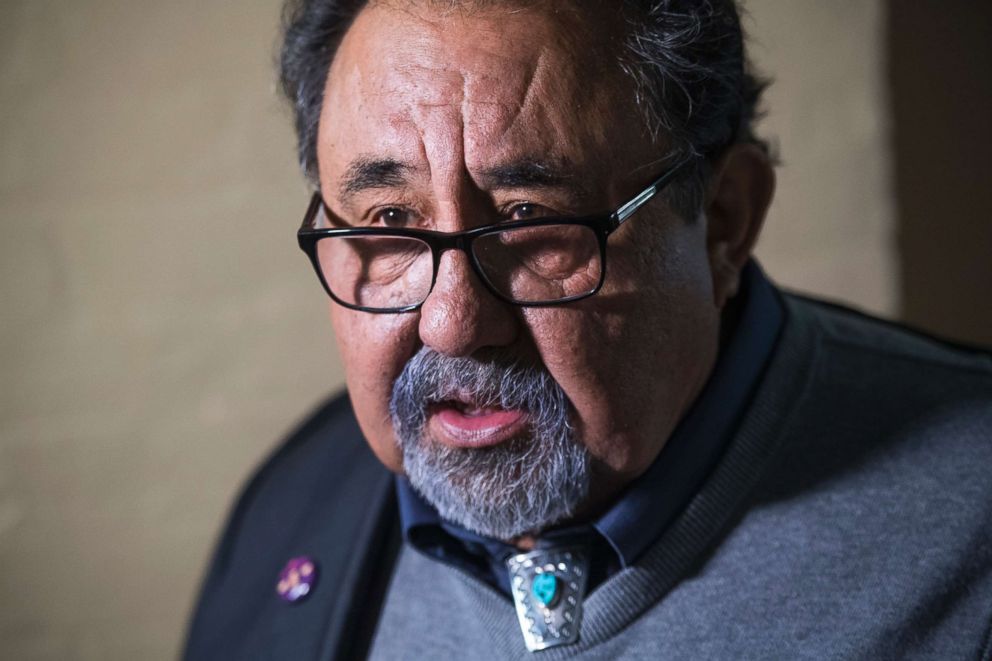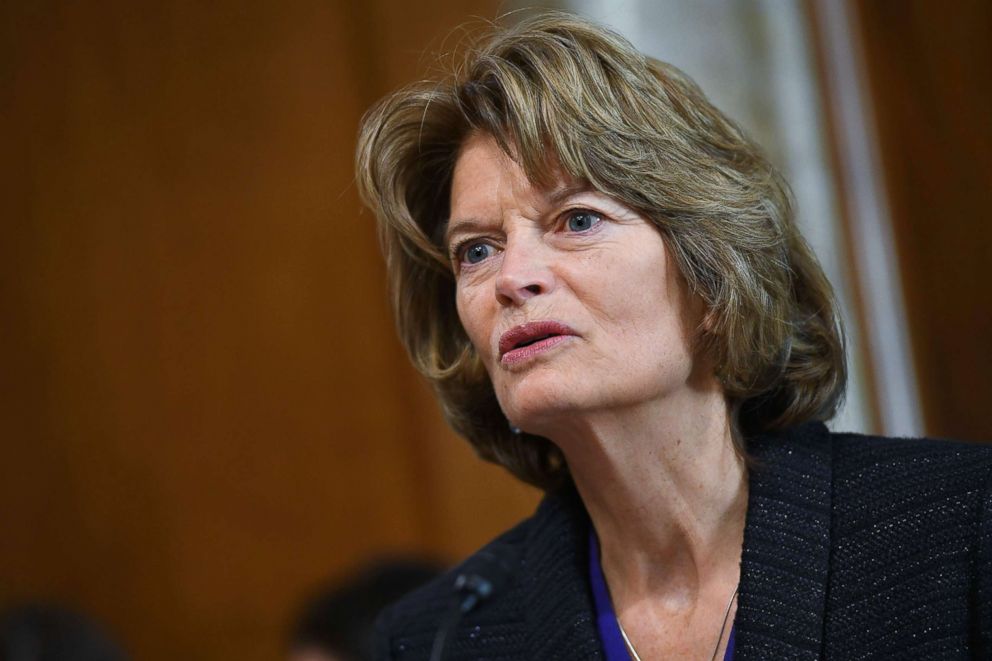Amid heated Green New Deal debate, Congress passes bipartisan conservation bill
Rep. Raul Grijalva called the bill an "old school Green Deal."
Washington, D.C. has become infamous for the opposition between Democrats and Republicans, but on one topic Congress recently had a big bipartisan win.
The House and Senate recently passed a major public lands bill that includes initiatives to protect the environment and conservation programs. In a joint interview with ABC News Live, two members of Congress that worked on the bill said they see it as a way their colleagues can continue to find a compromise on other issues.
Sen. Lisa Murkowski, R-Alaska, the chair of the Senate Energy and Natural Resources Committee, and Rep. Raul Grijalva, chair of the House Natural Resources Committee, worked together to bring the bill across the finish line.
The bill permanently authorizes a program called the Land and Water Conservation Fund, which provides money for local conservation projects. It also designates 1.3 million acres of protected wilderness, protects hundreds of thousands of acres from mining, expands five national parks including Death Valley and Joshua Tree, and created four new national monuments.

Grijalva has called the sweeping bill an "old school Green Deal" for all its environmental protections, referencing the ambitious Green New Deal resolution proposed to combat climate change.
"While I call it an old school deal, the fact that this is legislated. This is what we come here to do. Many of these pieces of legislation that are part of the whole package have been around for 10 years and through the leadership of the good senator and the participation of all we found common ground, we compromised, and we have a bipartisan package that passed overwhelmingly in the House and in the Senate," he told ABC News.

The bill, which has been renamed after late congressman John Dingell, passed in the House 363-62 in late February. The Senate passed it 92-8 just a couple weeks earlier.
Murkowski said she began working with the House Natural Resources Committee when Rep. Rob Bishop was chairman and continued working with Grijalva after Democrats took the majority in the House. She said the bill is a compilation of more than 120 different bills, including some that would otherwise only address a specific community.
"It was bipartisan, bicameral, it was good old-fashioned legislating that brought in not only those who are focused on the conservation side but those that are focused on just efficiencies in land management, economic benefit to communities, help for our sportsmen and women around the country, while we deal with water and land issues. Pretty comprehensive," she said.
When it comes to the Green New Deal proposal, Murkowski and Grijalva don't completely agree. Both say climate change is an important issue to address but Murkowski is still support of fossil fuels in her home state, which the resolution aims to eliminate completely.
Grijalva said the Green New Deal is an "aspiration" and that it's now up to congressional committees to pursue the issue further and propose legislation. The Natural Resources Committee has held several hearings on climate change since the session began and Grijalva has faced some resistance from Republicans on the committee that say it's out of their jurisdiction.
"That new deal basically, it's the aspiration. It's the goal. And each committee in the House is now going to be responsible for filling in the blanks to begin to deal with the legislation that deals with that," he said.
Murkowski, who led a hearing on climate change this week, said her committee is focused on solutions because the aspiration of the Green New Deal has led to a conversation that isn't focused on action.
"This is an effort that on a daily basis from a committee perspective we're working toward solutions to address the climate challenges that face us. So I don't want to get caught up in messaging votes, I want to get caught up in pragmatic solutions that benefit our environment, our economy, and our people."
She said to find compromise in Congress, proposals need buy-in from local communities, which could require some compromise even if everybody doesn't get what they want.
"We did this the right way. We did this through the legislative process that gained the support of the lawmakers from the respective states, whether they were their governors, state legislators, senators, or congressmen here. That is how you bring about these designations is through that consensus process literally from the ground up," she said.
"We have demonstrated, at a time of great impasse on a lot of other issues, that we can legislate if you get members coming together reaching across the aisle and across the chambers to say 'these are significant for people in our districts. Let's come together and make it happen.'"




